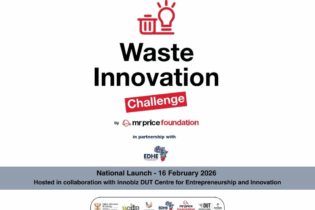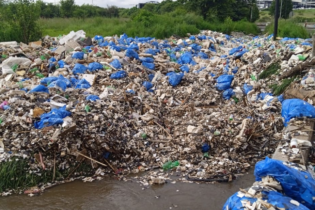Approximately 10 million tons of food is wasted in South Africa annually. However, the Shoprite Group has proposed solutions to resolve the problem through systematic and comprehensive planning.
Food waste has an impact on the economy, livelihoods and the environment such as the use of energy or water. Shoprite Group Sustainability manager, Sanjeev Raghubir stated that food waste should have been prevented before it started. The Shoprite Group aligns with the UN’s Sustainable Development Goals, including the target to decrease food waste by 50% at retail and consumer levels and reduce food losses along the food chain by 2030.IOL has reported that Shoprite donates more than 120 000 meals to over 450 charities to fight hunger and address food security. In the previous year, it donated surplus food valued at R138 million. It also facilitates the donation of surplus fruit and vegetables directly from farms to charities.
Shoprite also sends approximately 44 tons of food waste, mainly dried goods such as pasta, cereals, and flour, to be converted to animal feed, while excess cooking oil and organic waste have also been converted for use as biodiesel and compost. “Artificial intelligence and machine learning assist with the prediction of sales of particular items and having replenishment orders on hand. Replenishment orders are placed automatically to ensure stock is always available for customers while simultaneously reducing food waste,” Raghubir said.






